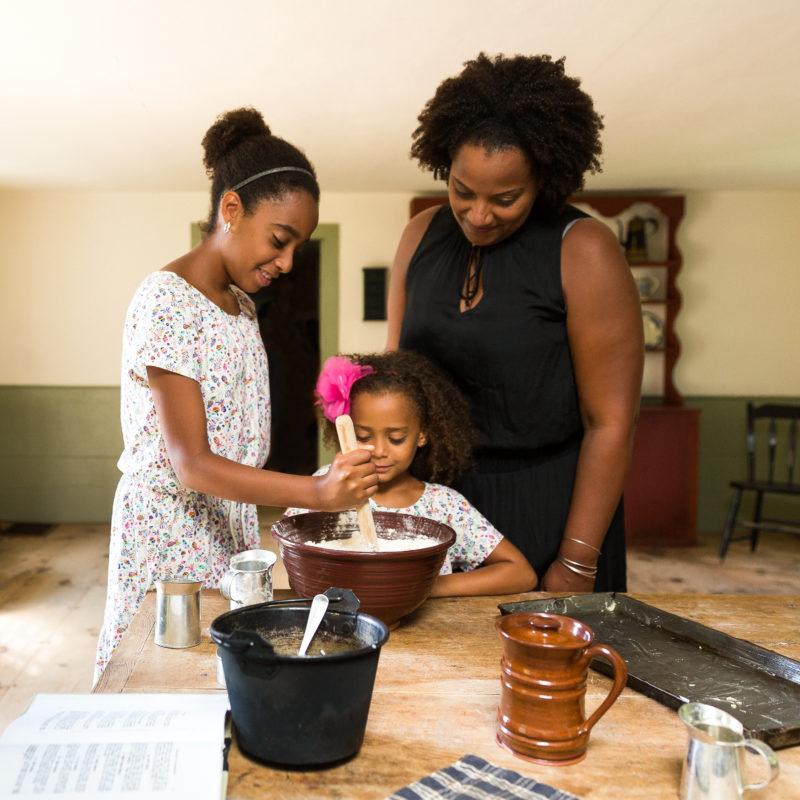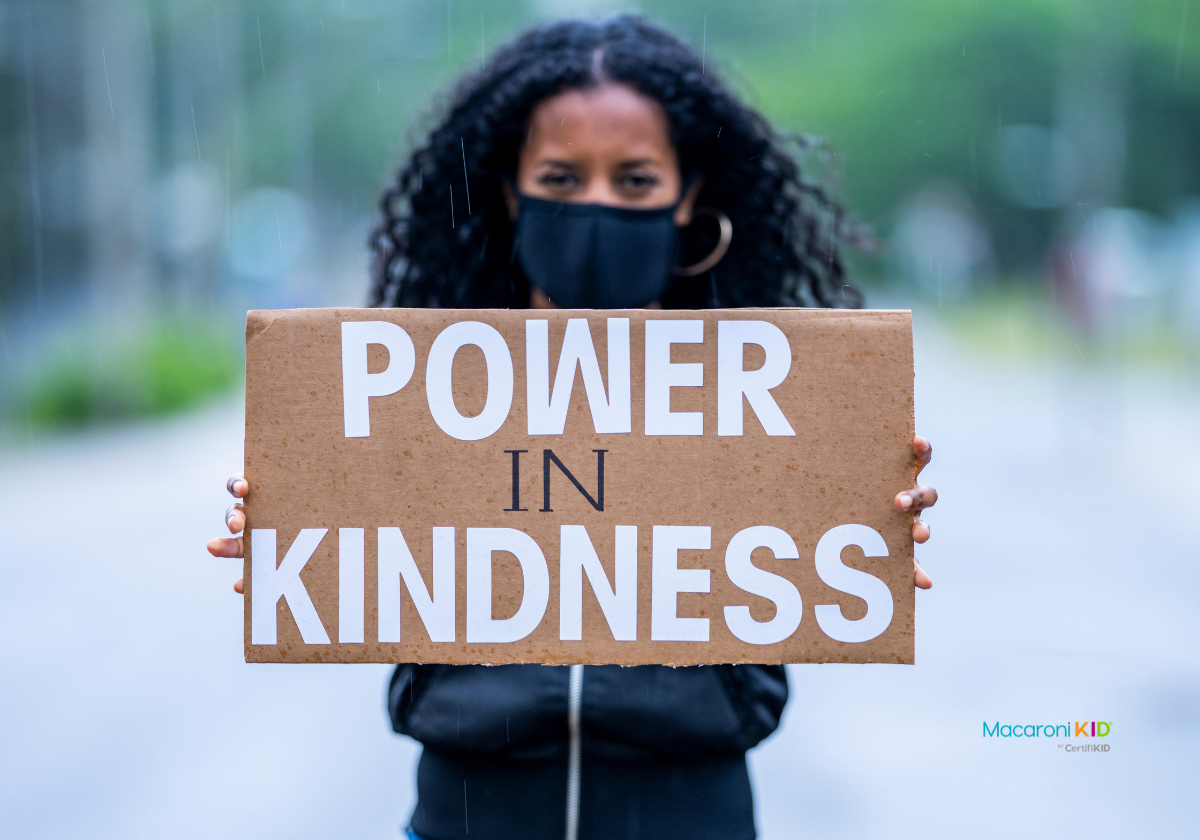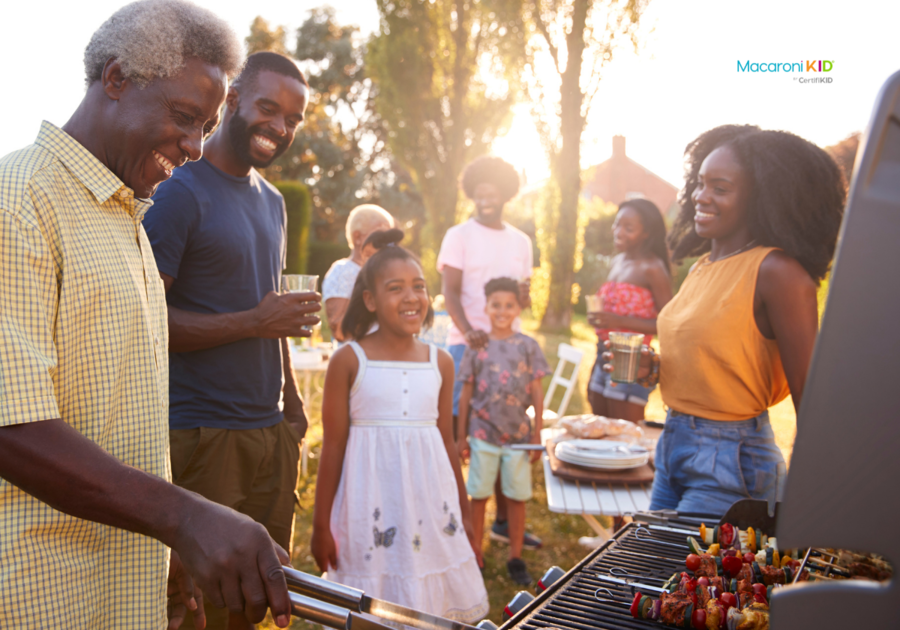Juneteenth is an important day in American history because freedom is an important part of our history. Juneteenth commemorates the day in 1865 the end of the Civil War was announced in Texas or the end of slavery in the United States.
The day has always been a time of celebration, especially in the African American community, and its significance only continues to grow: In 2021, Juneteenth National Independence Day was designated a U.S. Federal holiday.
Want your family to take part in this important and historical celebration of freedom? Here are four ideas how:
Attend a local Juneteenth event
 |
In honor or Juneteenth, admission to Old Sturbridge Village is FREE! Commemorate and explore the history, resilience, and culture of Black people in America through interactions with guest speakers and performers.
Learn about the holiday's meaning
Here's a catchy kid-friendly song from Sesame Street that explains Juneteenth:
For older children, the Smithsonian National Museum of African American History and Culture’s website offers good information about Juneteenth, including a reading list.
Looking for great kids' books about Juneteenth? We love "Juneteenth for Mazie," about a little girl who is upset about restrictions like bedtime; and "All Different Now," the story of the day freedom arrived in Texas from a little girl's perspective.
Prepare a special meal together
Coming together as a family for a special meal is a traditional way to celebrate Juneteenth. Use the opportunity to explain the importance and meaning of the holiday to your kids.
Want ideas on what to cook? Check this fun video from Thrillist out:
Think about positive changes you'd like to see
The Smithsonian National Museum of African American History and Culture, which is hosting a series of free virtual events this month to mark Juneteenth, suggests a great way to get kids involved and thinking about the meaning behind Juneteenth is to draw a picture, make a sign or write in a journal on the subject of what positive changes they would like to see in the world, and what they can do to help.
 FatCamera via Canva FatCamera via Canva |
The Smithsonian National Museum of African American History and Culture offers these conversation starters to help kids begin thinking on the project:
- Who or what is important to you?
- What's something you'd like to see change in your community?
- What would your community be like if everyone was healthy, happy, and safe?
- Do you see a problem that needs to be fixed?
- Are there people who should be treated better? How?
- What can you do to make a difference, fix a problem, or help someone?



